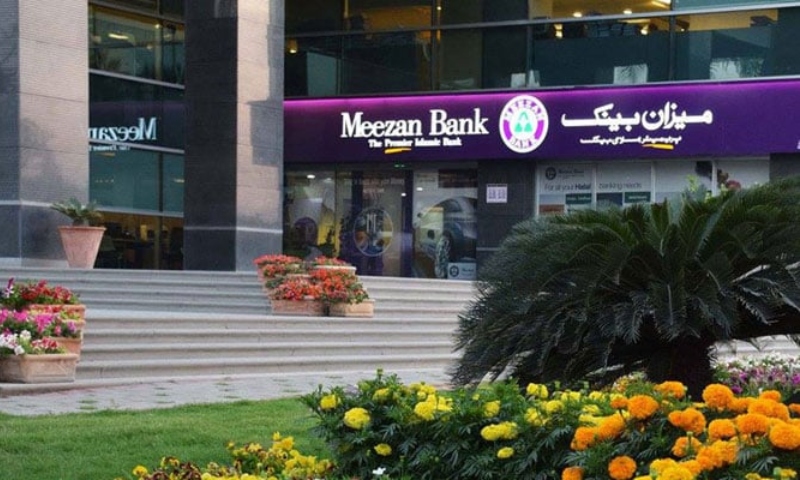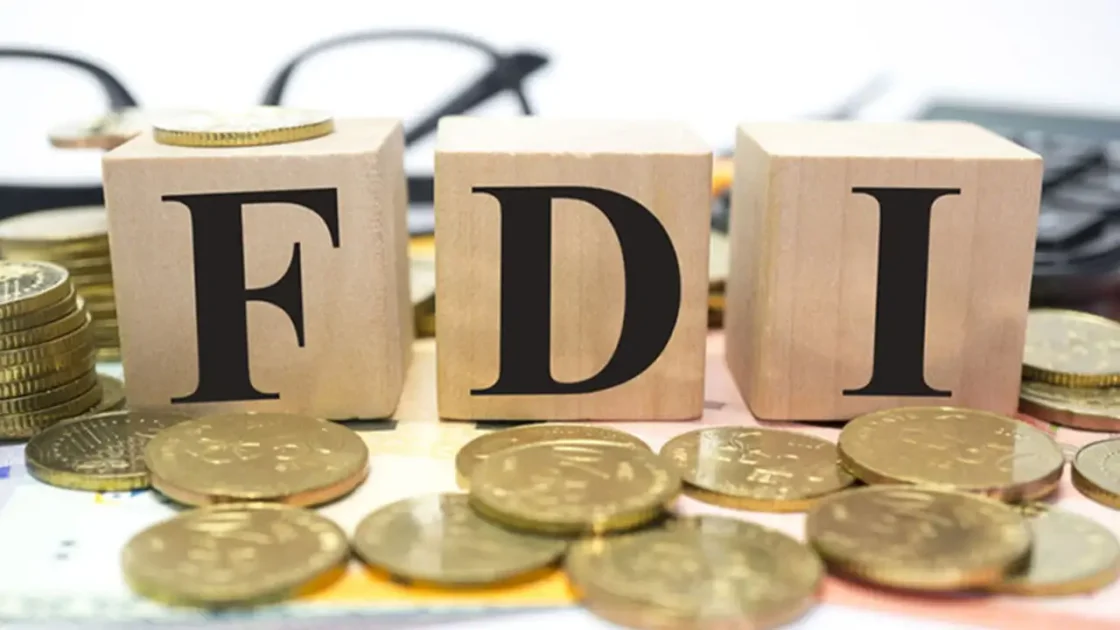- Syed Raza Hassan Web Desk
- 3 Hours ago

Reko Diq mining project to launch production by 2028, projecting $74 billion cash flow
-
- Web Desk Karachi
- Mar 12, 2025

ISLAMABAD: The Reko Diq gold and copper mining project is projected to commence production by 2028, generating an estimated free cash flow of approximately $74 billion. This initiative, revitalised by Canada’s Barrick Gold, comes with an initial investment plan of $5.5 billion, as outlined by the Oil and Gas Development Company Limited.
Mark Bristow, CEO of Barrick Gold, which holds a 50 percent share in the project, stated that the reserves are expected to yield $74 billion in free cash flow over the next 37 years, based on anticipated long-term pricing.
Efforts are also being made to establish refineries, enabling Pakistan to enhance its value-added production and decrease dependence on raw material exports, reported The Express Tribune.
Saudi Arabian mining firm Manara Minerals is set to acquire a 15 percent stake in the project, potentially investing up to $1 billion. Industry experts note that Pakistan’s mining sector is gaining increasing attention from foreign investors as global companies seek to tap into the country’s largely unexploited mineral reserves.
Located in the Chagai district of Balochistan, the Reko Diq project is home to the world’s largest untapped copper reserves. It is expected to generate about $2.8 billion in annual exports, create thousands of jobs, and significantly boost the local economy. The planned expansion aims to raise production levels to 400,000 tonnes of copper and 500,000 ounces of gold each year, necessitating an additional investment of $3.5 billion.
Despite its vast potential, the minerals sector currently only contributes around 3.2 percent to Pakistan’s GDP and accounts for a mere 0.1 percent of global mineral exports. However, with improvements in exploration, foreign investments, and infrastructure, the mining industry is on the brink of substantial growth.
Barrick Gold’s reserves surge 23pc to 17.4 million ounces, thanks to Reko Diq
Covering roughly 600,000 square kilometres, Pakistan’s mineral-rich terrain is home to 92 known minerals, with 52 of them being commercially extracted. The country produces approximately 68.52 million metric tons of minerals annually and supports over 5,000 operational mines and 50,000 small and medium-sized enterprises, directly employing 300,000 workers.
Among the notable mineral resources are the world’s second-largest salt mines, the fifth-largest copper and gold deposits, and significant coal reserves. Furthermore, Pakistan has large reserves of bauxite, gypsum, and precious stones like ruby, topaz, and emerald, which present considerable export opportunities.
To harness the potential of the mining sector, the government is finalising the National Minerals Harmonisation Framework 2025, a comprehensive policy aimed at attracting investment and formalizing regulations at both national and provincial levels. This framework seeks to provide incentives for local and foreign investors, streamline mining regulations, and facilitate public-private partnerships.
A significant event related to this initiative is the upcoming Pakistan Minerals Investment Forum 2025, scheduled for April 8-9 in Islamabad – a gathering which will assemble global ministers, leading corporations, investors, policymakers, and industry experts to discuss investment opportunities, technological advancements, and regulatory frameworks in the mining sector.
Pakistan’s commitment to infrastructure development is essential for unlocking the mining industry’s full potential. The China-Pakistan Economic Corridor (CPEC) is playing a crucial role in enhancing the transportation and export capabilities of mineral resources.
Improvements at Gwadar Port and Port Qasim are expected to boost mineral exports, while enhanced road and rail networks will improve connectivity between mining areas and industrial centres. Logistics for the Reko Diq mine will be supported by a new railway track being developed in partnership with Pakistan Railways.






